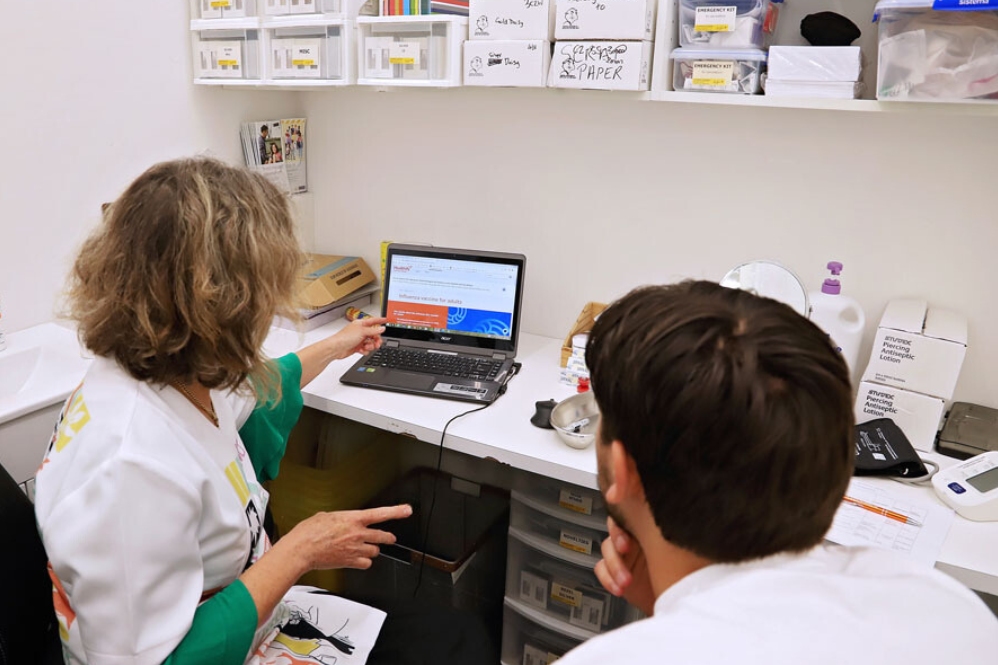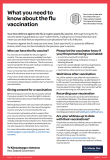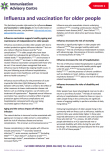Adults are advised to get a flu vaccination EACH year to protect themselves and to reduce the spread of flu.
- It's best to get the flu vaccine as soon as you can.
- Winter is the time when you are most likely to come into contact with the flu and it takes about 2 weeks for the flu vaccination to be most effective.
- Adults can get flu immunisations at many pharmacies.
From Tuesday 2 April, the 2024 flu vaccine is free for:
- pregnant people
- everyone aged 65 years and older
- adults with underlying health conditions including heart disease, cancer, diabetes, kidney disease, and serious asthma or respiratory disease
- adults with an autoimmune disease, a cochlear implant or Down syndrome
- anyone with mental illness such as schizophrenia or those currently accessing mental health services.
Read more about the free flu vaccine eligibility criteria(external link) and the flu vaccine for children.
Also see common questions about the flu vaccine.
You can get the flu vaccine together with the COVID-19 vaccine
- All adults 30 years or older can receive the COVID-19 booster at the same time as the flu vaccine.
- Young adults 16 years or over who are severely immunocompromised, or at a high risk of severe illness from COVID-19, can receive the COVID-19 booster at the same time as the flu vaccine.
Which flu vaccines are available?
The following flu vaccines will be available in 2024:
- Influvac Tetra: Funded for those who are eligible. Read more about the free flu vaccine eligibility criteria.
- Afluria Quad, Flucelvax Quad and Fluquadri: There's a cost involved as it's not funded.
For more detailed information on each vaccine, including the ingredients, read the Medsafe Consumer Information in the 'More information' section below.









